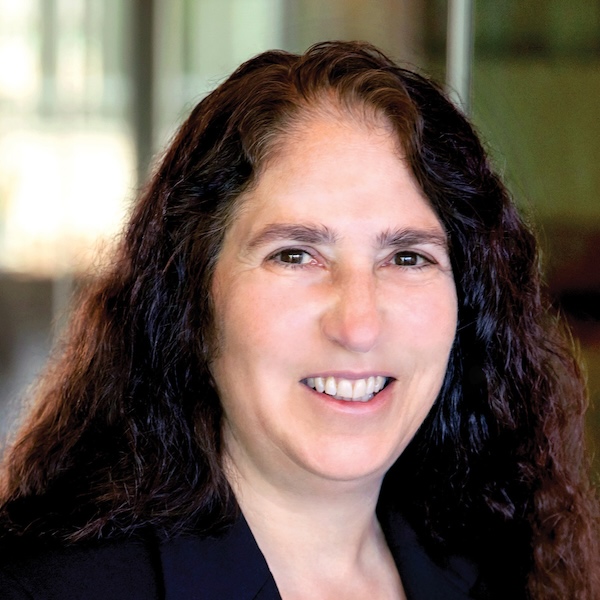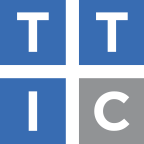Sampling-Based Task and Motion Planning:
From Robotic Manipulators to Intelligent CAD
to Analyzing Proteins
Nancy Amato (Unversity of Illinois at Urbana-Champaign)
Abstract: Task and motion planning has application in robotics, animation, virtual prototyping and training, and even for seemingly unrelated tasks such as evaluating architectural plans or simulating protein motions. Surprisingly, sampling-based methods have proven effective on problems from all these domains. In this talk, we provide an overview of sampling-based planning and describe some methods developed in our group, including strategies suited for collaborative task planning, multi-agent systems, and analyzing bio-molecules.
We will finish with a a short introduction of our new Mind in Vitro NSF Expeditions project in which we will use neurons grown from mouse stem cells to build simple devices that can be composed to form more complex systems. We plan to train these systems to obtain behaviors which can be used to build programmable bio-robots.

Biography: Nancy M. Amato is Head of the Computer Science Department and Abel Bliss Professor of Engineering at the University of Illinois at Urbana-Champaign. Before returning to her alma mater in 2019, she was Unocal Professor and Regents Professor at Texas A&M University and Senior Director of Engineering Honors Programs. Amato is known for algorithmic contributions to robotics task and motion planning, computational biology and geometry, and parallel and distributed computing. She currently serves as the Chair of the Computing Research Association's (CRA) Board of Directors and is President Elect for the IEEE Robotics and Automation Society. She has been very involved in activities dedicated to broadening participation in computing at the international, national and local level. She has Co-Directed the CRA-WP DREU program since 2000, and was Program Chair for the 2015 IEEE International Conference on Robotics and Automation (ICRA) which featured an all-female organizing committee and 50% female invited speakers. Amato received the 2019 IEEE RAS Leadership Award in Robotics and Automation, the inaugural NCWIT Harrold/Notkin Research and Graduate Mentoring Award in 2014, and the 2014 CRA Haberman Award for her contributions to increasing diversity in computing. She is a Fellow of the AAAI, AAAS, ACM, and IEEE.
